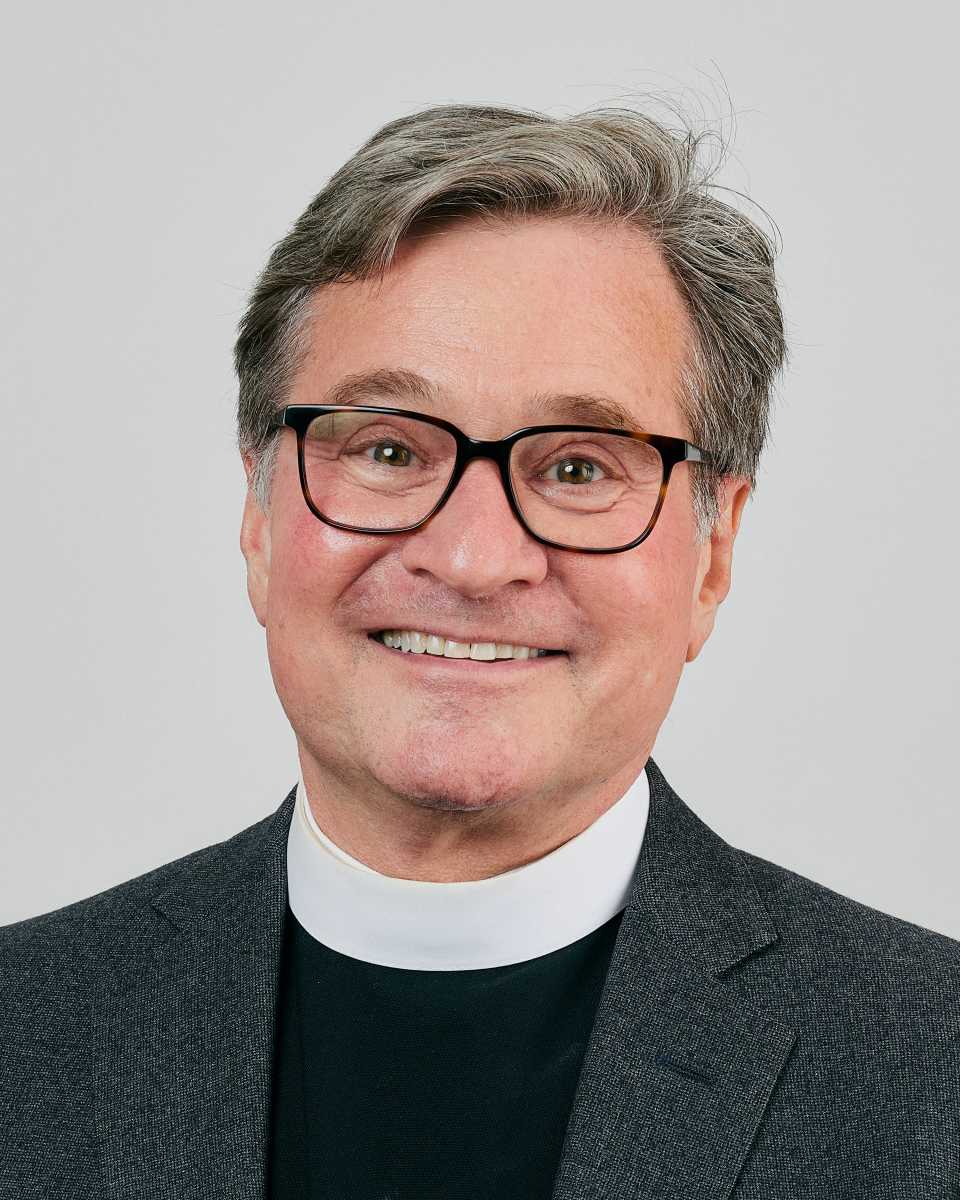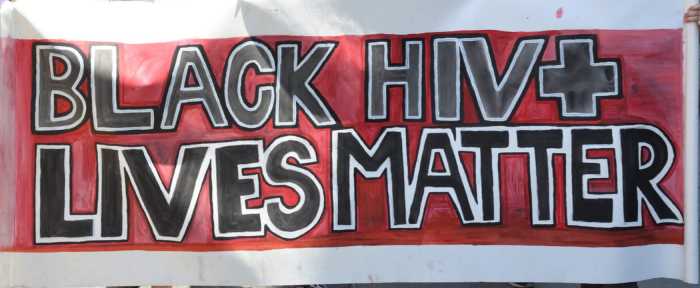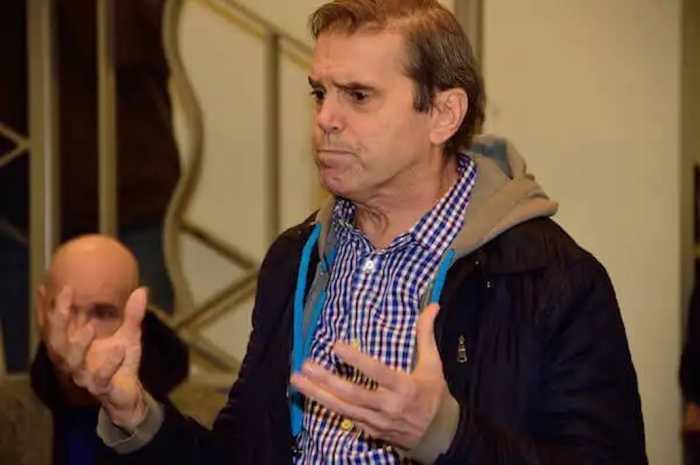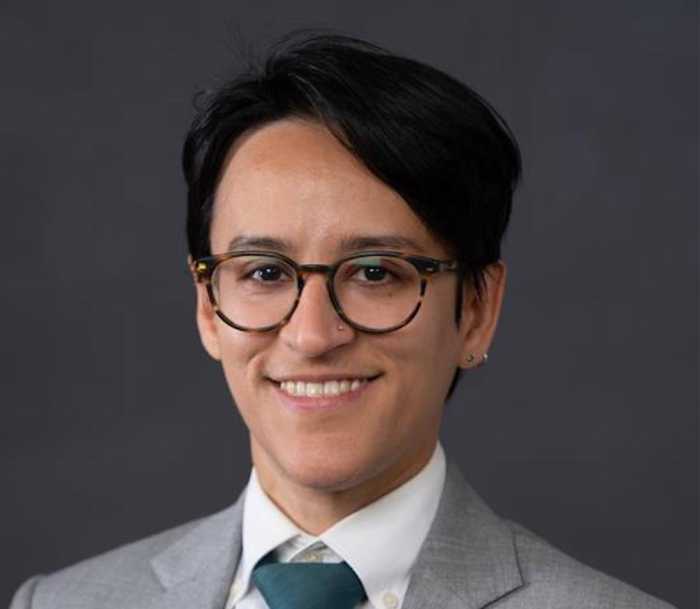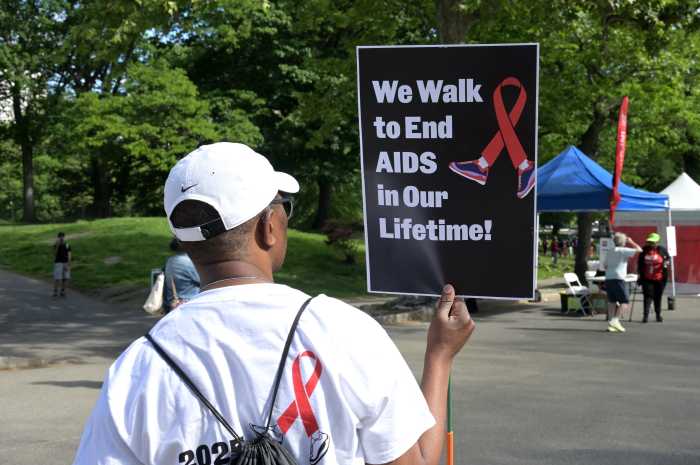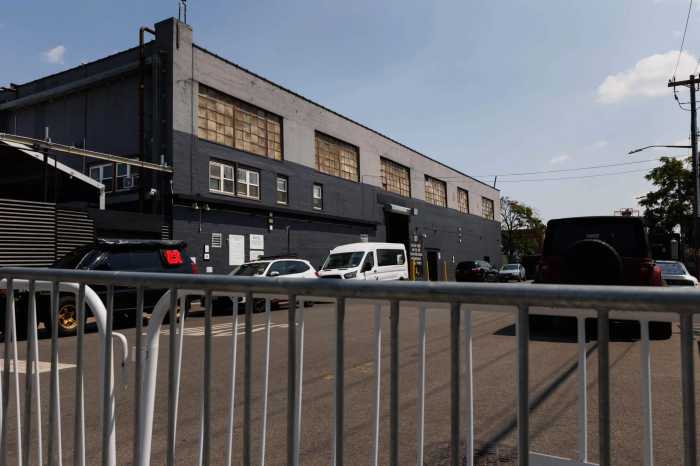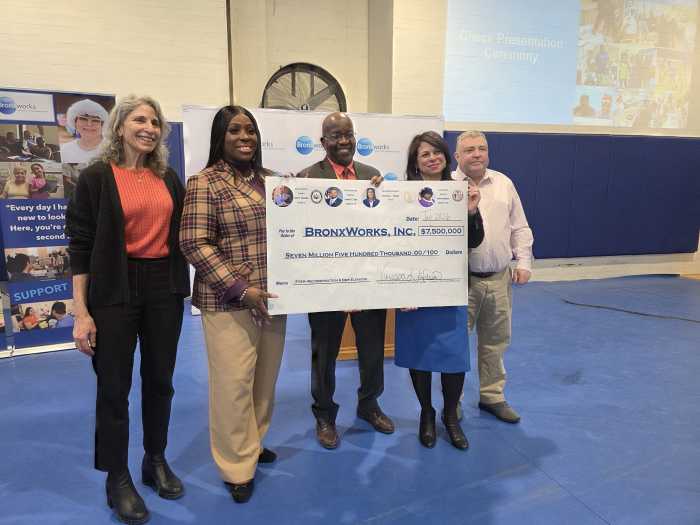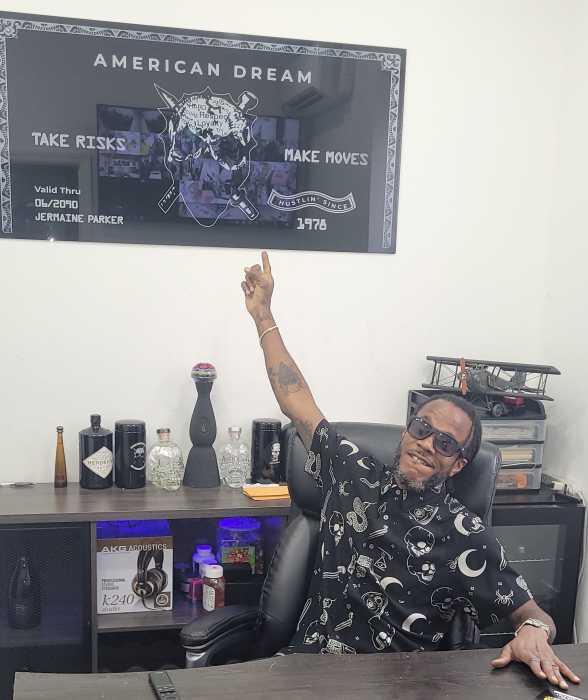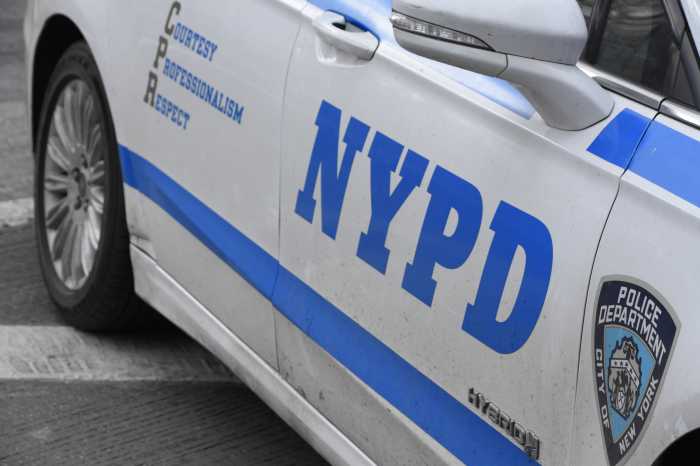It was a set up. The Pride flag was flying from the church. He already knew the answer.
It was just before the morning Communion service on Sunday, June 23, at the Cathedral of St. John the Divine in upper Manhattan. I am the Dean — the CEO and senior priest — and we were three months into Pride Month. Incidentally, I’m gay.
Some tourists — a family — came up to my colleague and me as we welcomed people out front as we do every Sunday morning. A teenaged boy — 16 maybe — asked, innocently it seemed, “Does this church like homosexuals?”
This kid was baiting me, and I knew it. So did my colleague, and she saw how quickly it could escalate, so she stepped in. “We in the Episcopal Church believe that God loves everyone.”
With that, the men in the family let loose a torrent of bible passages, all delivered in the most even, unemotional way possible. They needed to school me in what it means to be a Christian. The father then dressed down my colleague, informing her that she should not be a leader in the church. Women, he said, quoting the Apostle Paul, should be quiet and obedient to men. His wife and daughter stood there silently, obeying the rules.
Saved by the bell, it was time for us to go to church, and the family began to walk away. As we went up the steps, the father shouted at us “God bless you.” “God bless you,” I yelled back. It took an enormous act of the will.
They weren’t with us for the service, so they didn’t hear me say that the Cathedral is a place where some queer people who are rightly afraid of the Church have found an antidote. And they weren’t with us that same day for Evensong, where I had something else to say.
We queer people have been knocked around since time immemorial. We’ve come a long way, though, and in June, we celebrate it. This past Sunday, the day of the Pride Parade, my partner and I were walking in Chelsea. We heard accents and languages from all over the world, but it was easy to translate. People were marveling at how far queer people have come in New York. For many of them, it was unimaginable, because it is so different back home. It is unimaginable for people in most of our country, too. Think of the place where that family came from. Imagine being a queer kid there.
I have replayed that moment on the steps of the Cathedral over and over. We Episcopalians don’t do theology the way that man does, so I was knocked off balance. I wish I had been more on my game, and I wish he and his family (even the women!) had been willing to talk: not to lecture but to talk. I wish it had gone a different way.
On our website, we billed the Evensong that day as “Pride Evensong,” but it really wasn’t. The leaflet people received did not even contain the word “gay” or “pride.” The service was Evensong for the Fifth Sunday after Pentecost, the same service you would have gotten no matter where you were in the Episcopal Church. The congregation was more queer than usual, and the choir was more queer, too. And most of the music was by queer-identified composers, but if you didn’t know, you wouldn’t know. And the preacher was queer. It was me.
All kinds of people were there. There were so-called straight people at our Pride Evensong: the kind of people who have always been made to feel at home in church. And there were self-identified queer people at our Pride Evensong. That’s how it is every Sunday. Sometimes people pride themselves on not seeing the differences between people: gay and straight, Black and White, natives and immigrants. We notice, and we are amazed.
We are amazed that every week such a diverse group of people shows us at all our services, but during June, we marveled especially at the queer people among us. Why in the world would queer people trust us, because so many Christians are armed with biblical grenades?
We in the Episcopal church have a different notion of how divine love and human love interact than that family that baited us. We believe that the love queer people have for one another is a manifestation of the divine love that burns for the world in the heart of Jesus the Christ. We don’t need pride readings or pride songs or pride anything else even on Pride Sunday. We are convinced of a truth, ever ancient and ever new, that God’s love is boundless, manifested to us every day in diverse and wondrous ways, even when it is not Pride.
Malloy, PhD, is Dean of the Cathedral of Saint John the Divine in Morningside Heights, Manhattan.

